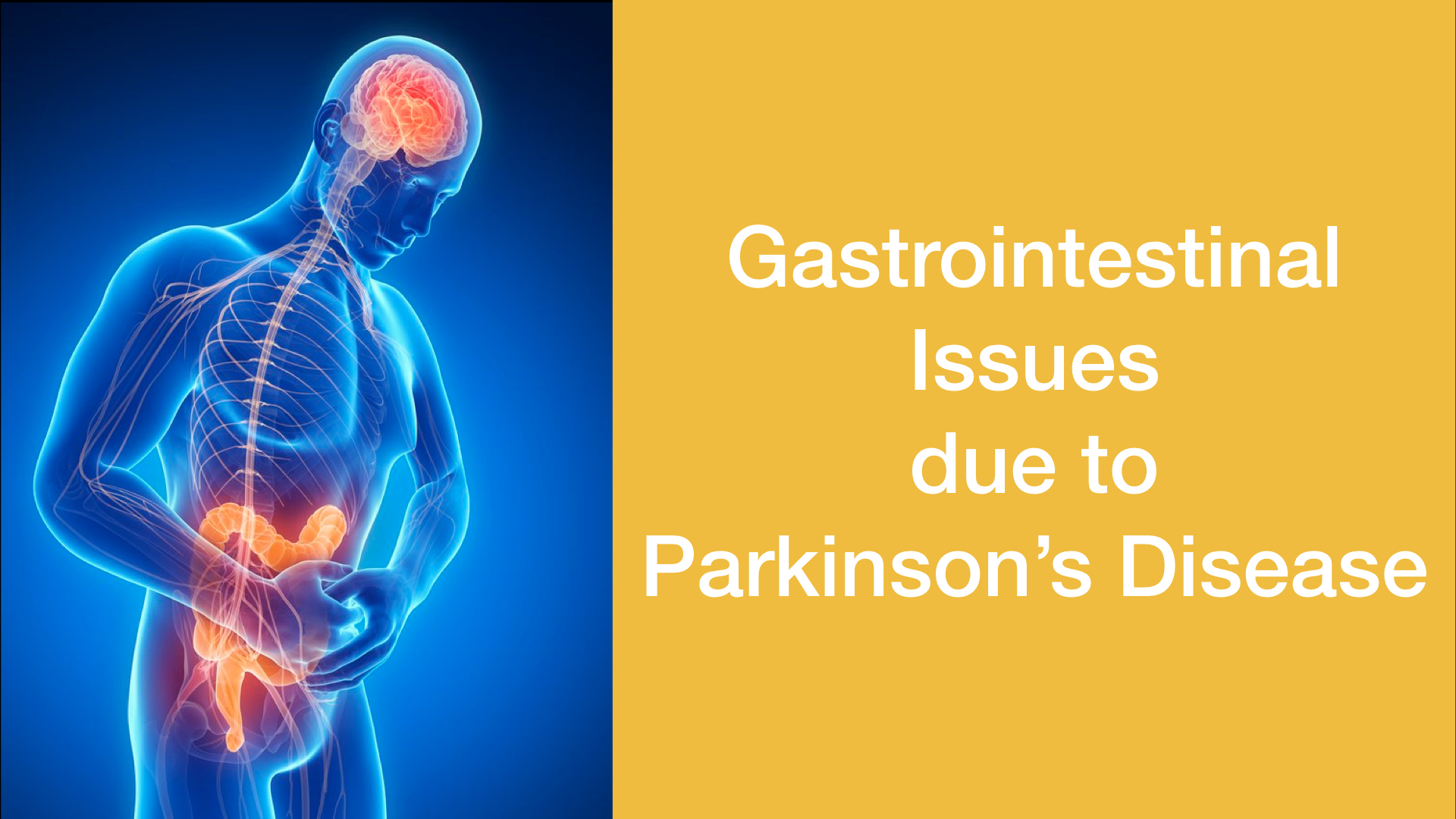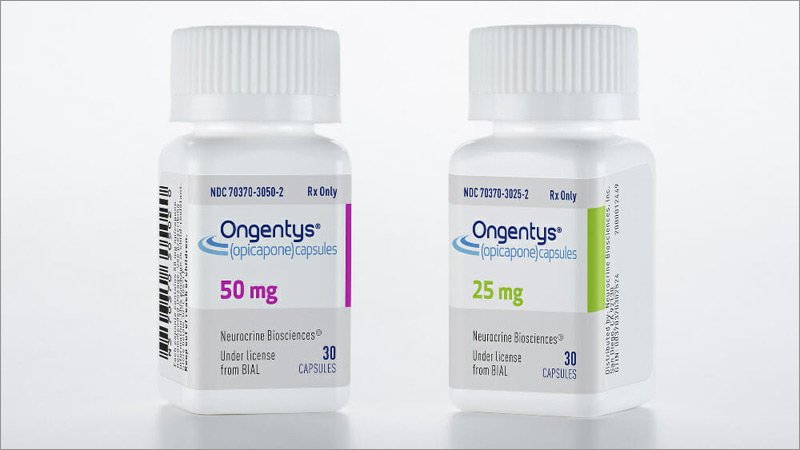A Sneak Peak into Gastrointestinal (GUT) Conundrum of Parkinson Disease
The understanding of Parkinson’s disease has been dramatically changing over the years. The gastrointestinal symptoms of Parkinson disease are well recognized and keeps on adding up to the number of symptoms of Non Motor Symptoms (NMS). Even further the question of whether Parkinson’s disease arises from Gut perse has become a promienent question among the scientists across the world. The has given raise to concept of GUT-BRAIN axis and further postulation of Gut first and Brain first theories. In this blog, we are trying to highlight the awareness about various gastrointestinal symptoms noted in patient with Parkinson’s disease.

The Gastrointestinal symptoms in Parkinson disease is one of the common NMS in PD, even early in the disease course. Several factors such as loss of dopaminergic activity, presence of Lewy bodies, gut exposure to neurotoxins, gut dysbiosis, cytokine-induced toxicity, inflammation-derived oxidative damage and aging have been associated with the pathogenesis and progression of PD although robust evidence is lacking.
Gastrointestinal Symptoms of in Parkinson Disease
The symptoms of Gut in Parkinson’s disease can be noted all the way from the mouth and salivary glands. the following list helps to understand the possible symptoms which could be associated with Parkinson’s disease.
Salivary Glands symptoms
- Reduced Saliva Production
- Low swallowing frequency leading to drooling
Mouth related symptoms
- Pooling of saliva and problems with movements needed to brush teeth can cause dental dysfunction
- Jaw tremors related discomfort
Pharynx related symptoms
- Oropharyngeal dysphagia increases risk of aspiration
Oesohagus related symptoms
- Slow esophageal transit
- Segmental esophageal spasm
- Spontaneous contractions of proximal esophagus
- Air trapping
- Aperistalsis
- Gastro-esophageal influx
Stomach symptoms
- Impaired gastric emptying causes nausea
- Bloating
- Early satiety and weight loss
Small Intestine symptoms
- Dilatation leading to bloating sensation
Colon symptoms
- Colonic dysmotility
- Constipation
- Megacolon
- Volvulus
- Bowel perforation
Rectum symptoms
- Anorectal dysfunction leads to difficulty with defecation
Management of Gastrointestinal symptoms in Parkinson disease

There are various symptomatic options for various GI related symptoms. The same has been highlighted in this article image.





